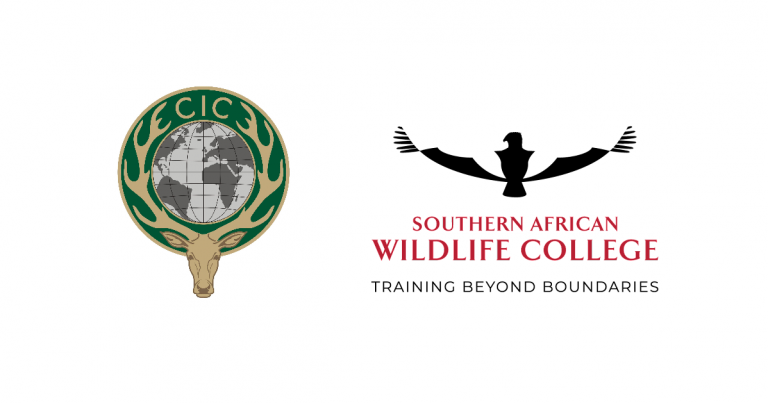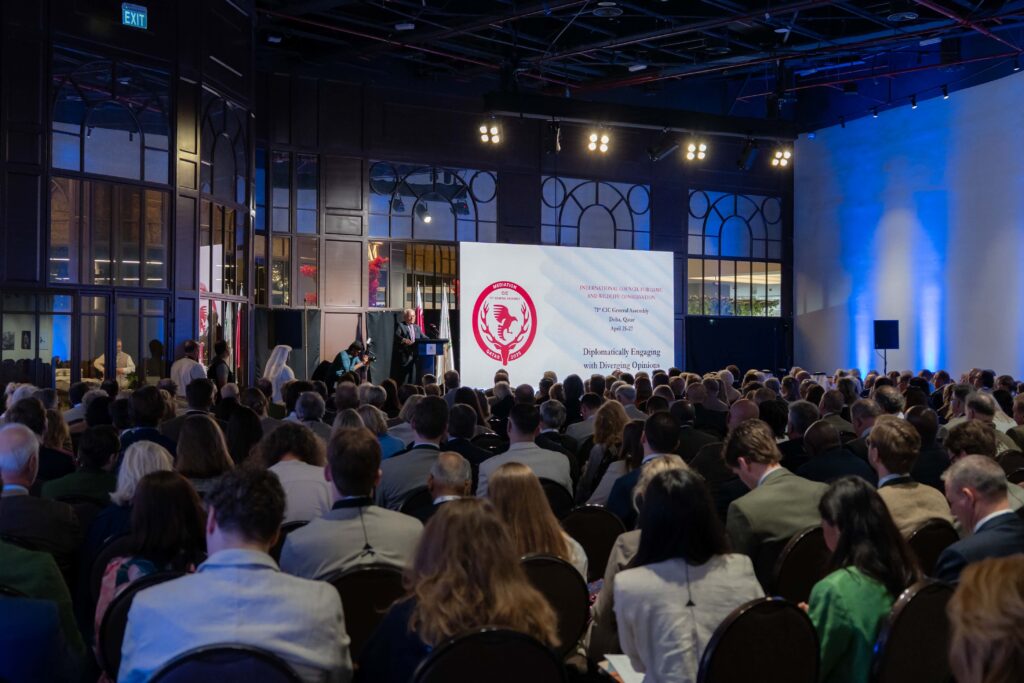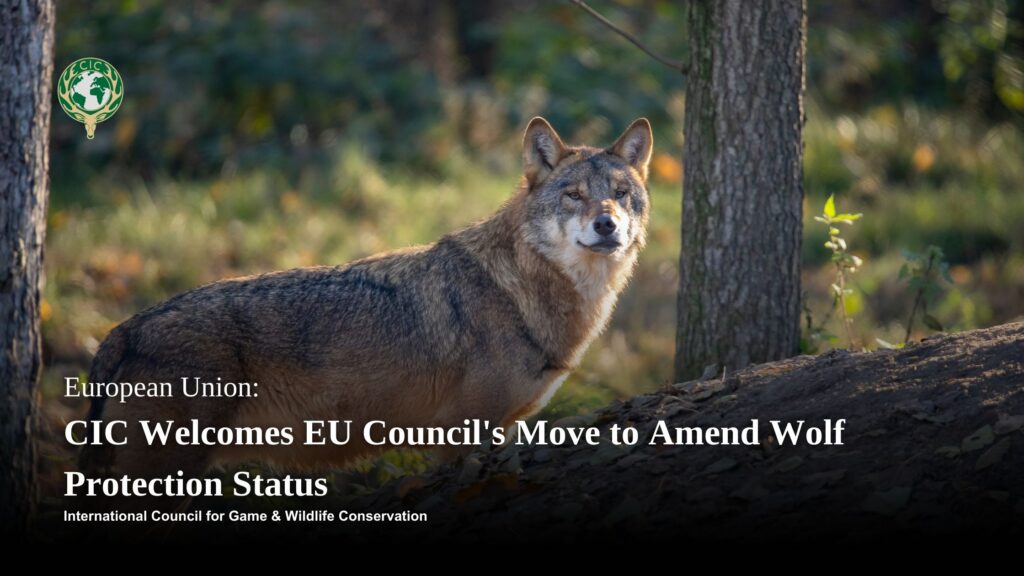Home » News & Press » New Partnership with the Southern African Wildlife College: Empowering Inclusive and Local Conservation Across the African Continent
Facebook
X
LinkedIn




